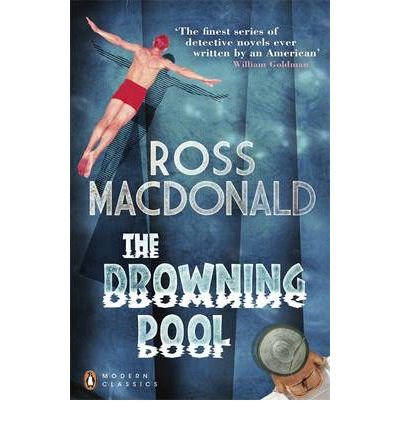What do you think?
Rate this book


Paperback
First published January 1, 1950
"Please don't be nasty, Archer. What's your first name, anyway?"
"Lew. You can call me Archer."
"...I am rhinoceros-skinned and iron hearted. I've been doing divorce work in L.A. for ten years. If you can tell me anything I haven't heard, I'll donate a week's winnings at Santa Anita to any worthy charity."
"You're not a Hollywood personage, are you?"
"I've done a good deal of work in and about Hollywood. Peeping on fleabag hotel rooms, untying marital knots, blackmailing blackmailers out of business. Dirty, heavy, hot work on occasion.”
The building was pink stucco, big and new and ugly. It had a side entrance with "Romp Room" lettered above it in red neon. The wall was blind except for the door and a couple of round screened ventilators. I could hear the noise of the romping from the outside: the double-time beat of the band, the shuffling of many feet. When I pulled the heavy door open, the noise blasted my ears... The rest of the noise came from the booths that lined three walls of the room, and from the dance-floor in the middle where twenty or thirty couples whirled in the smoke. The high titter of drunk and flattered women, the animal sounds of drunk and eager men. Babel with a wild jazz obbligato.
I stopped at a lunch-bar east of the cemetery on Santa Monica Boulevard, for a sandwich and coffee and a look at the telephone book. It hung by a chain from the pay telephone on the wall beside the front window... I dialed the number and watched the sidewalk roamers. The young hepcats high on music or weed, the middle-aged men on the town, the tourists waiting for something to fulfill their fantasies, the hopeful floozies and the despairing ones, the quick, light, ageless grifters walked the long Hollywood beat on the other side of the plate glass. The sign above the window was red on one side, green on the other, so that they passed from ruddy youth to sickly age as they crossed my segment of sidewalk, from green youth to apoplexy.
...one of those stories without villains or heroes. There was no one to admire, no one to blame. Everyone had done wrong for himself and others. Everyone had failed. Everyone had suffered.
